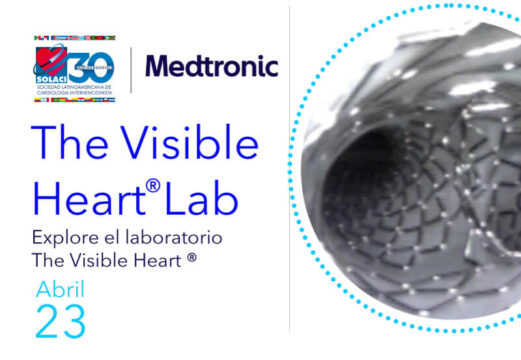In patients at high risk of developing kidney complications undergoing angiography, we did not observe benefits when administering intravenous sodium bicarbonate vs. saline, or oral N-acetylcysteine vs. placebo, as to the prevention of death, dialysis or persistent deterioration of kidney function at 90 days, or the prevention of contrast induced kidney failure.

Intravenous sodium bicarbonate and acetylcysteine are widely used in the hope that they will prevent contrast induced kidney failure after angiography but there is no conclusive evidence as to its efficacy.
The present study used a 2×2 factorial design and randomized 5177 patients at high risk of kidney complications undergoing angiography to 1.26% sodium bicarbonate vs. 0.9% saline and 5 days of oral N-acetylcysteine vs placebo.
Read also: Peri-Procedural Infarction: More Frequent than and Not as Innocent as We Thought.
Primary end point was a composite of death, need of dialysis, persistent increase of at least 50% of baseline creatinine levels at 90 days. Contrast induced kidney failure was a secondary end point.
After interim analysis, the study was interrupted seeing that no interaction was found between interventions and primary end point (p=0.33), and therefore including more patients would not change outcomes.
Primary end point occurred in 4.4% of the sodium bicarbonate group vs 4.7% of patients receiving saline (OR 0.93, CI 0.72-1.22; p=0.62) and in 4.6% of patients receiving N-acetylcysteine vs 4.5% of patients receiving placebo (OR 1.02, IC 0.78 a 1.33; p=0.88).
Read also: TAVR in Patients with Classical Low Flow, Low Gradient.
There were no differences between the groups as regards contrast induced kidney injury.
Conclusion
Sodium bicarbonate and N-acetylcysteine do not reduce contrast induced kidney failure in patients at high risk of renal complications undergoing angiography.
Original title: Outcomes after Angiography with Sodium Bicarbonate and Acetylcysteine. The PRESERVE Trial Group
Reference: S.D. Weisbord et al. N Engl J Med. 2018 Feb 15;378(7):603-614.
Subscribe to our weekly newsletter
Get the latest scientific articles on interventional cardiology
We are interested in your opinion. Please, leave your comments, thoughts, questions, etc., below. They will be most welcome.



